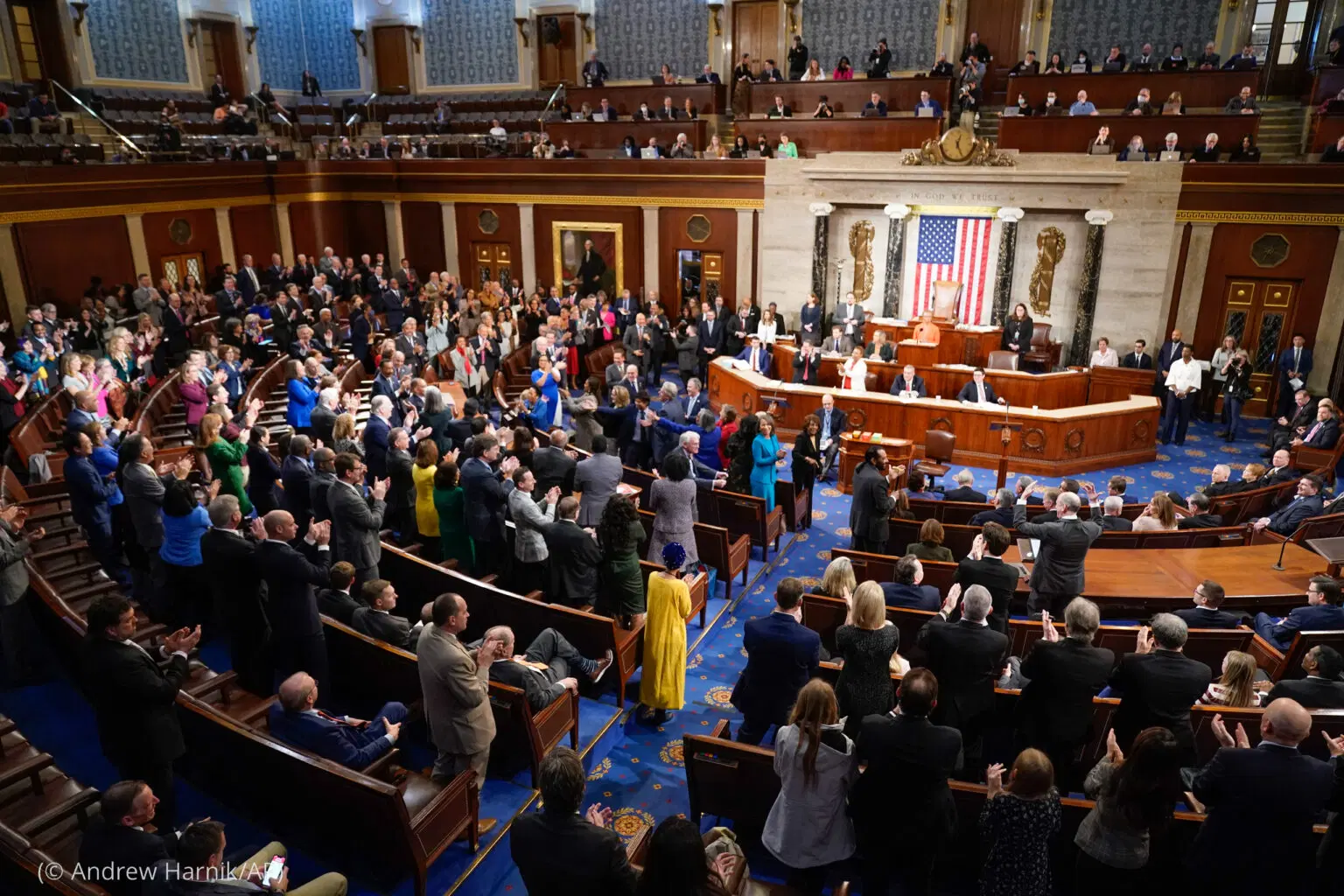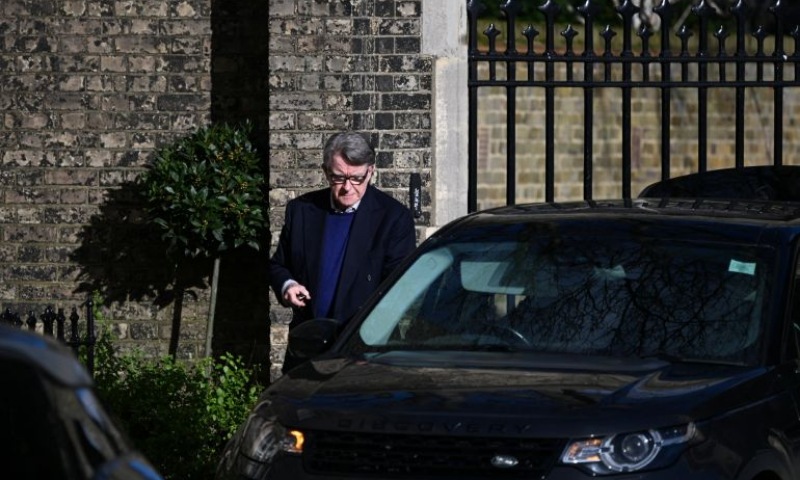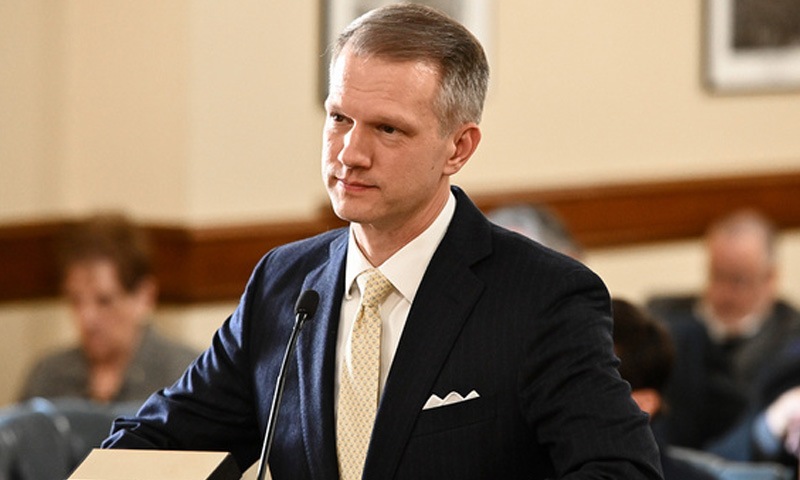On Thursday, the U.S. House Foreign Affairs Subcommittee on Africa held a tense hearing over the escalating persecution of Christians in Nigeria. Lawmakers sharply disagreed on whether the violence constitutes religiously motivated genocide and what the United States’ response should be.
Representative Chris Smith (R–NJ), Chairman of the Africa Subcommittee, opened with a strong warning: “Nigeria is ground zero, the focal point of the most brutal and murderous anti-Christian persecution in the world today.” He cited attacks in which militants allegedly “kill and boast about it … kidnap and rape with total impunity from elected officials,” describing a massacre in Yola where reports indicated 278 people were killed, including men, women, and children, amid cries of “Allahu Akbar.”
Republicans Push for Strong Action
Representative Riley Moore (R–WV), sponsor of H.Res. 866, supported Smith’s position. His resolution condemns persecution of Christians in Nigeria and urges aggressive U.S. measures. “Every day, innocent Christians are brutally attacked, displaced, and murdered simply for their faith,” Moore said. “This isn’t about politics; it’s about principle. Evil triumphs when good men do nothing.”
Other Republican lawmakers echoed his concerns. Rep. Wesley Hunt (R–TX) praised Trump’s “bold leadership in defense of Christians.” Rep. Mary Miller (R–IL) called the killings “one of the greatest moral crises of our time,” while Rep. Andrew Clyde (R–GA) stressed that “we cannot ignore our brothers and sisters in Christ being slaughtered by radical Islamists.”
Democratic Caution: Complexity Over Simplification
Rep. Sara Jacobs (D–CA), the ranking member, urged caution, highlighting that Nigeria’s insecurity stems from multiple factors: extremist insurgencies, farmer-herder conflicts, and organized banditry. She also criticized Trump’s rhetoric, warning that unilateral military intervention could worsen the situation. “False narratives erase the real drivers of violence and make it harder to find solutions,” she said.
Even some Republicans advocated restraint. Rep. Bill Huizenga (R–MI) criticized Nigeria’s slow response but emphasized economic and diplomatic measures over sudden military action. “They need to show protection for all citizens, not just Christians,” he said. “Economic pressure, such as sanctions, can have a meaningful impact.”
Eyewitness Testimonies Highlight Crisis
Experts and religious leaders testified on the violence. Bishop Wilfred Anagbe, from Makurdi Diocese, reported church burnings, abductions of priests, and mass displacement, stating that Nigeria remains the deadliest place for Christians worldwide. U.S. State Department officials, including Jonathan Pratt and Jacob McGee, confirmed that protecting Christians remains a top priority. McGee also condemned blasphemy laws in twelve northern states as “unacceptable in a free society.”
Advocating a Nuanced Approach
Oge Onubogu, Senior Fellow at the Center for Strategic and International Studies (CSIS), urged lawmakers not to frame Nigeria’s crisis purely as religious persecution. She highlighted layered causes: governance failures, climate-driven resource conflicts, criminal networks, and communal grievances. Onubogu warned, “Misdiagnosing the problem risks solutions that inflame tensions rather than resolve them.” She recommended early-warning systems, judicial accountability, and local peacebuilding as effective strategies.
Proposed U.S. Actions
H.Res. 866 urges the Nigerian government to protect Christians, prosecute perpetrators, repeal blasphemy laws, and facilitate the return of displaced persons. Moore stressed that U.S. silence would be complicity: “America must stand for religious freedom everywhere.”
However, the hearing illustrated a delicate balance. Aggressive measures risk nationalist backlash or worsening communal divisions. Conversely, inaction could perpetuate the suffering of Nigerian Christians. Lawmakers agreed that any effective response requires blending moral responsibility with nuanced, practical solutions.
Moving Forward
Thursday’s hearing may mark a turning point for U.S. policy on Nigeria. As Congress weighs H.Res. 866, its decisions could determine whether the United States exerts meaningful influence on Nigeria’s security and religious freedoms while avoiding unintended consequences. Local institutions, civil society, and careful international engagement will likely define the next chapter of Nigeria’s battle against insecurity and targeted persecution.



